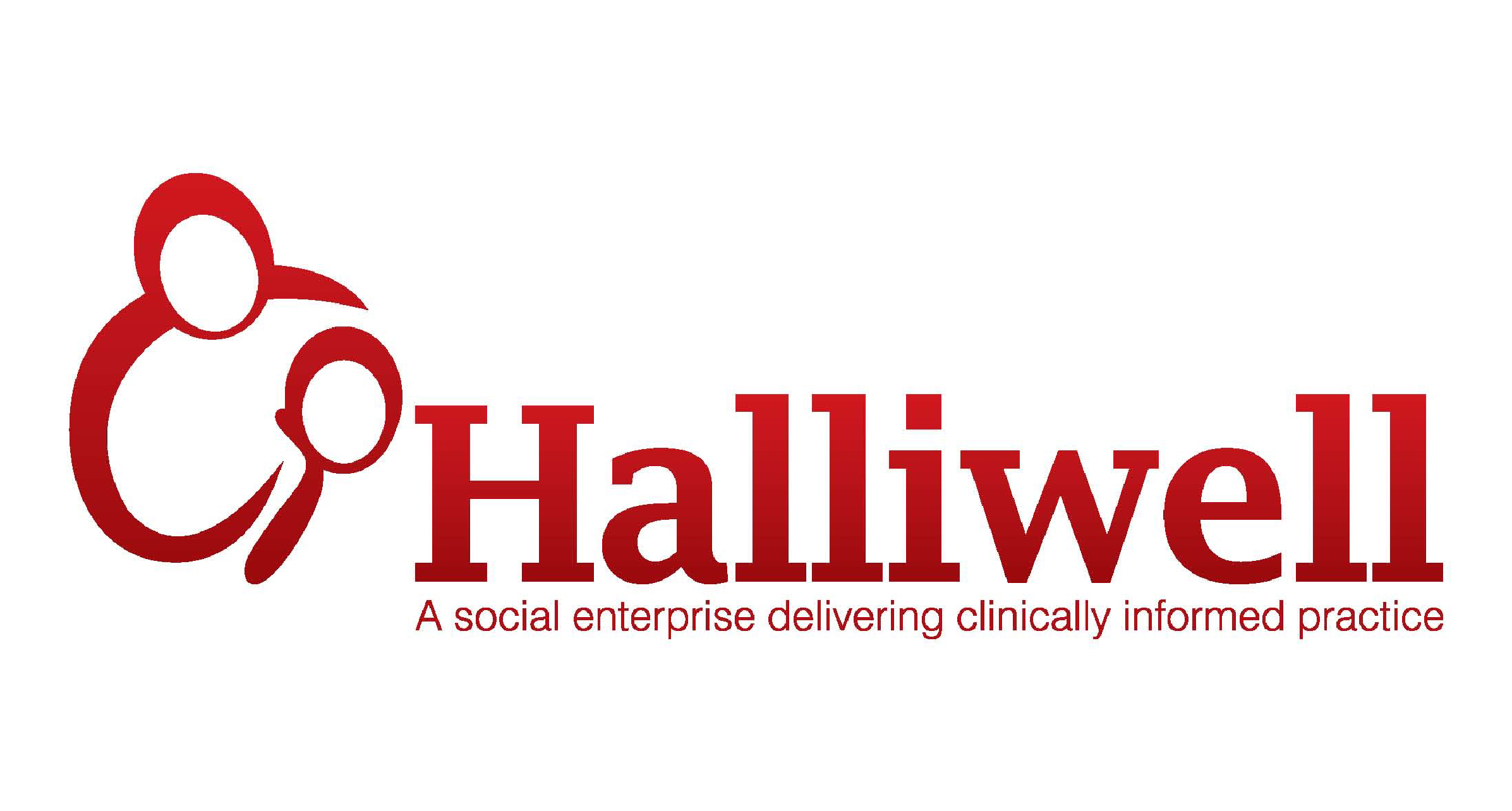Childhood trauma has a lifelong effect on many children who have experienced severely disturbing situations. In many cases this is at the hands of the people that they should be able to trust the most. This will often make it very difficult for children to develop relationships as they will usually have attachment issues.
Children that experience childhood trauma will also often develop behavioural problems through no fault of their own. This can then lead to cycles of receiving punishment for bad behaviour. That is then followed by further behaviour problems, rather than providing an intervention that can lead to a more positive future.
What is Restorative Parenting?
Restorative Parenting is a therapeutic approach that aims to break the cycle of continuous behavioural problems. This is done by developing a deeper understanding of why a child behaves in a certain way and helping to repair the harm.
It can involve repairing the parent-child relationship and rebuilding trust for a healthier and happier future in a family environment. A child’s behaviour is often a result of unmet needs and parents and carers who can reflect upon the impact of their parenting style and learn new skills can support the child’s positive development.
The Restorative Parenting approach is based on the premise that all children are innately good. It believes with the right love, support and guidance, they will be better positioned to reach their full potential.
Restorative Parenting involves the use of excellent parenting techniques and requires empathy, accountability and forgiveness. It gives children the opportunity to make things right within their family and supports their emotions, rather than parents or guardians always choosing to deal with behavioural issues with power and discipline.
All types of families can benefit from trying Restorative Parenting, but it will require commitment, love and lots of communication, as well as patience. Parents, carers and family members can attend Restorative Parenting courses that will help them to develop the new skills required and adopt the approach.
The earlier that an intervention takes place in a child’s life, the more successful the trauma healing results can be. The child will have a better chance of developing positive attachments and the emotional capacity that they need to in life.
Restorative Parenting in the Care Setting
Restorative Parenting has been successfully used in children’s homes and foster homes, where children will have experienced childhood trauma. This approach has delivered results in treating childhood trauma even where other approaches have failed.
How Restorative Parenting Works in Practice
The care staff in the home are the therapeutic parents. The therapeutic parents are given extensive training in techniques to deliver care that meets the child’s needs and their circumstances.
A team of specialists including children’s clinical psychologists, therapists and psychiatrists are usually involved in developing a Restorative Parenting programme. Progress is measured using the Restorative Parenting® Recovery Index and other appropriate psychology measures.
All children have individual histories, personality traits and interests. Therapeutic parents can incorporate these individual factors to find the most successful parenting approach to suit the family/home environment.
Restorative Parenting does not work for all children and families, but it can be highly effective in the right circumstances, enabling children to overcome trauma and live successfully in a family environment. The child’s disruptive behaviour can often be successfully combated by our approach.
Visit our website for more information on restorative approaches and supporting children who have experienced childhood trauma.


Recent Comments